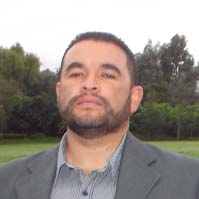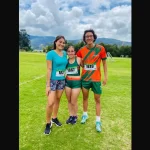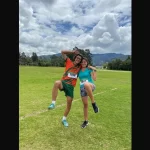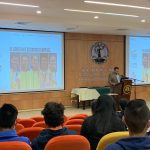Semillero
Citius, Altius, Fortius
Citius, Altius, Fortius
Fomentar la capacidad investigativa de los estudiantes y futuros profesionales en Ciencias del Deporte, para estimular el desarrollo científico de la Universidad.
Misión
Desarrollar competencias académicas e investigativas en los estudiantes, a través de la formulación y ejecución de proyectos de investigación, en el contexto del entrenamiento deportivo.
Visión
Consolidar procesos de investigación formativa, buscando reconocimiento en la comunidad estudiantil y redes de investigación en el área del entrenamiento deportivo a nivel nacional.
Objetivos específicos:
- Proveer de competencias del área investigativa en entrenamiento deportivo.
- Promover la capacidad investigativa de los estudiantes y futuros profesionales para estimular el desarrollo científico de la Universidad.
- Buscar la interacción entre docentes y estudiantes con comunidades académicas del área del entrenamiento deportivo.
- Participar activamente en eventos a nivel institucional, regional o nacional.

COORDINADORES
PRODUCTOS DESTACADOS
Heart rate variability, salivary cortisol and competitive state anxiety responses during pre-competition and pre-training moments
The study aimed to investigate physiological and psychological states prior to competition and prior to training in three different demanding activities. Eighteen canoe athletes, 18 street runners and 18 jiu-jitsu fighters were included in this study (n=54). The Competitive State Anxiety Inventory-2 (CSAI-2), salivary cortisol and heart rate variability (HRV) were measured at two time points (pre-training and pre-competition). Somatic anxiety (F1,42 = 15.29, p = 0.0003), HRV (F1,42 = 23.24, p < 0.0001) and salivary cortisol (F1,42 = 22.96, p < 0.0001) were significantly greater at the pre-competition measurement point than at the pre-training point, but without a main effect of the type of athlete on these variables. A main effect of the type of athlete was found on somatic anxiety (F2,42 = 6.58, p = 0.0033), cognitive anxiety (F2,42 = 10.69, p = 0.0002) and self-confidence (F2,42 = 5.42, p = 0.0080). Correlations between most CSAI-2 and physiological parameters were not significant (p > 0.05). In conclusion, the results indicated that both emotional indices and psychophysiological indices of stress are higher before competition than before training, with differences between emotional states between these sports. Although correlations between emotional states and psycho-physiological states before competition and before training were largely non significant, these findings reinforce the importance of psychological monitoring of athletes in association with traditional physiological markers such as cortisol and HRV in sportive training programmes as complementary resources to improve both competition performance and the training routine.

